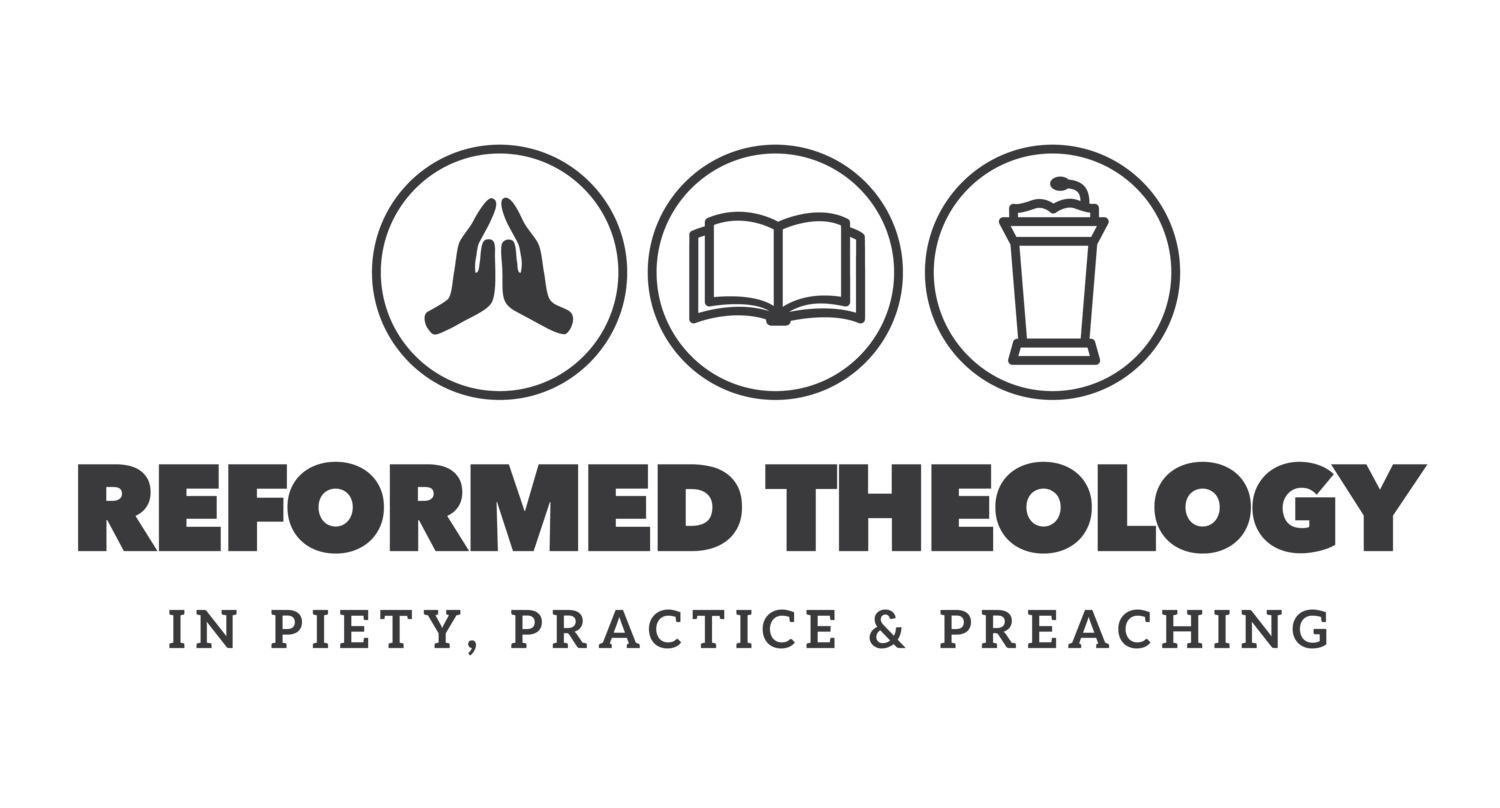One of the more common patterns that appears in the church is when people find themselves in the midst of suffering, they believe they have a license to sin. Sometimes they do this consciously, although at times it might be an involuntary reaction. For example, a person might be deprived of sleep because his child has kept him up all night, and in a moment of weakness he lashes out in anger at the first person who unsuspectingly crosses his path. On the other hand, if a young woman has her boyfriend break up with her, she might feel she has the right to go on a drunken bender to make herself feel better. While the sleep-deprived person who lashes out in anger might be more easily excused than the one who goes on the drunken bender, both need to recognize that suffering does not give them license to sin. I think in both cases, whether it’s complacency or complicity, we must be aware of several important factors as they relate to our sanctification.
First, it’s important that we always keep the goal of our sanctification in view, namely, conformity to Christ. If we forget this, then we are likely to wander and meander in life. We might not strive to grow in our sanctification because, apart from goal, we have no motivation to strive for it. When things are going well in life, we must continually remind ourselves through the means of grace (word, sacraments, and prayer), that the goal of our existence is conformity to Christ.
Second, if we’ve mentally and spiritually prepared ourselves for the goal of our sanctification, when the storms of life hit, whether large or small, then we are more likely to keep the goal of conformity to Christ in view. Unlike Peter, who took his eyes off Christ and sunk into the miry depths, the storms of life won’t drive fear into our hearts and distract the eyes of our faith. By God’s grace we will continually keep Christ in our line of sight and seek to glorify him even in difficult circumstances.
Third, we may not realize it at the time, but it’s the challenges in life that present us with the greatest opportunity to reveal Christ’s strength in the midst of our weakness. Our moment of trial should never be squandered for sin but is the very moment when Providence gives us a special opportunity to shine the light of Christ in the midst of this sin-darkened world. For the sleep deprived parent, rather than responding in anger and impatience, showing someone kindness unveils the love of Christ. In such circumstances we tap into the grace of Christ rather than our own strength and thus point others to Christ. In the wake of having a boyfriend break up with you, rather than wallow in self-pity or even sinful drunkenness, by seeking solace in Christ in our moment of sadness, you show others where they too can find peace and solace. In your momentary suffering you show others that Christ is compassionate. You also implicitly instruct others by admitting your weakness and need for Christ’s grace.
As Paul once wrote, we can do all things through Christ who strengthens us, whether in times of plenty or want (Phil. 4:13). That means, don’t squander the trials in your life on the altar of selfishness, but rather give them to Christ in order to show that when you are weak, he is strong.
